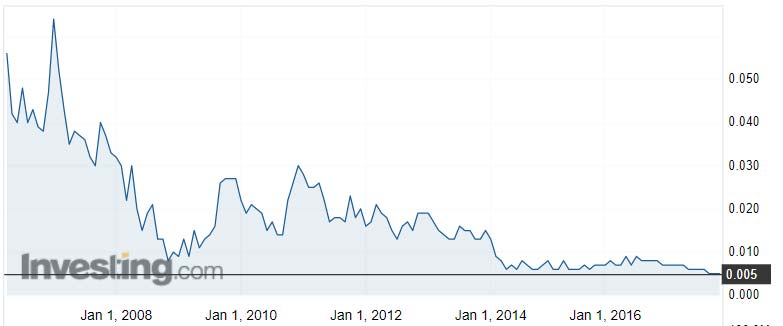Peeved shareholders vote down Advanced Brake’s remuneration report
Tech
Shareholders appear to have sent a stern message to the board of Advanced Braking Technologies, with almost 70 per cent of votes cast against its remuneration report.
Four other resolutions passed easily.
New CEO Peter Hildebrandt says quality and supply issues with the new brake, Terra Dura, could be why shareholders vented frustration via the remuneration report.
“As you would be aware, the board has expressed its frustration with continued quality and supply problems that have delayed the release of our new brake – the ground-braking Terra Dura,” he told Stockhead.
“I am happy to share that we have commenced activities that ensure ABT receives detailed feedback as to the underlying concerns that manifested themselves in the vote mentioned in your note. It is our current understanding that the board’s frustration I referred to above is shared by some of our shareholders and may have been the main contributor to the vote we observed.”
Mr Hildebrandt is a former Bosch senior vice president who joined in August.
The first shipment of Terra Dura brake was delayed until August, after issues including a quality control inspection leading to brake hubs being rejected due to trapped gas contaminating casting metal.
Advanced Braking began developing the new polymer brake in 2015 and promised products in vehicles by the second half of 2016.
Shares in the heavy duty brake maker (ASX:ABV) have not seen a major downwards movement in 2017 — though the $11 million microcap has been in the doldrums for years.
Directors fees were also not extravagantly higher than last year, coming in at $195,000 total for directors and a total pool of $683,000 for executives.
In 2016 executives were collectively paid a total of $911,000.

Professional company director Julie Garland-McLellan told Stockhead that the non-binding vote on remuneration was a problem because shareholders used it to protest other, unrelated issues.
However, “they shouldn’t ignore it, that would be very unwise with a vote of that size”.
This was Advanced Braking’s first strike.
The vote on the remuneration report is non-binding and only requires a 25 per cent ‘no’ protest.
If the remuneration report is voted down again next year, shareholders will have to vote on whether they want the board to continue running the company, and if not hold a vote to replace them within 90 days.
Other notable protests this AGM season have been Mineral Resources, where shareholders objected to the board lifting the CEO’s base pay and reducing the amount paid in shares.
iSentia was punished as it wrote off a $48 million acquisition designed to get it into the content business.
Murray River Group was the target of two ticked off ex-founders, who used their votes to wreck havoc on every resolution put forward, not just the remuneration report.
Myer saw a first strike against it on Friday, as shareholders punished poor performance rather than par.
And investors in logistics group Qube used the remuneration report to protest a special bonus for executives for buying a 50 per cent stake in Patrick container ports and as a reward for share price rises.